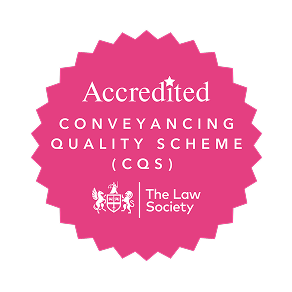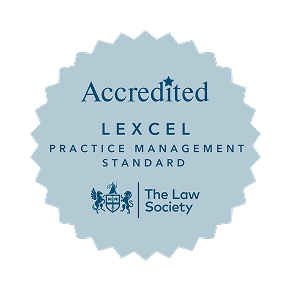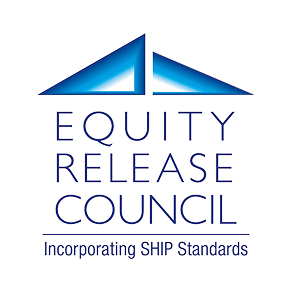We’re here to help. Simply leave your details and one of our friendly team members will give you a call at a time that suits you. You’ll be speaking directly with someone who’s ready to listen and guide you. Mullis & Peake will use the information you provide in this form in accordance with our privacy policy.
Conveyancing Fees Calculator
Residential conveyancing costs vary depending on factors such as property price, tenure and mortgage arrangements. Our free conveyancing fee calculator provides an instant estimate to help you understand likely fees and plan your sale or purchase with confidence.

Get a tailor-made conveyancing estimate, just for you
Conveyancing costs vary depending on factors such as property price, tenure and mortgage arrangements. Use our free conveyancing costs calculators below to get an instant estimate and help plan your move.

How are your conveyancing fees calculated?
Our costs for undertaking residential sale and purchase transactions depend on a number of factors including:
- the sale/purchase price of the property
- whether the property is freehold or leasehold
- whether the transaction involves either repaying an existing mortgage or securing a new mortgage on a property to be purchased
- whether there are any additional or unusual aspects of the transaction
In the vast majority of cases; we will be able to act on behalf of your existing mortgage lender to repay your existing mortgage on the sale of a property and on behalf of your new mortgage lender in respect of the purchase of a property.
Costs and expenses can vary depending on the particular circumstances of each transaction but we endeavour to keep such costs and disbursements to a minimum.
Service Options for Conveyancing
We guide you through the legal process of buying a home, from offer accepted to completion.
We handle the legal work involved in selling your property, helping ensure a smooth and timely sale.
Switch your mortgage or secure a better deal while keeping the same property.
A combined service to manage the legal process of selling your home and buying a new one.
Helping eligible council tenants purchase their home through the Right to Buy scheme.
Change property ownership by adding or removing a person from the title deeds.
Extend your lease to protect your property’s value and avoid future complications.
Why choose Mullis & Peake
Mullis & Peake are proud to be CQS accredited conveyancers and an award winning team. We operate on a fixed fee, no-obligation basis and guarantee instant results. Our services are applicable for those buying, selling and remortgaging their homes. Check out our five-star reviews on ReviewSolicitors.
Conveyancing solicitors with deep residential property knowledge.
Straightforward explanations at every stage of the process.
Careful handling of mortgage and consent requirements.
Advice aligned with wider conveyancing and property matters.
Frequently asked questions
Conveyancing Disbursements include searches, bank fees, Stamp Duty Land Tax and Land Registry Fees. They are payments to third parties during the course of a property transaction.
If your matter proceeds to completion, you pay the conveyancing fees on completion.
Disbursements are not fixed. They will vary depending on which conveyancer you use.
You must pay Stamp Duty Land Tax (SDLT) if you buy a property or land over a certain price in England and Northern Ireland.
Solicitors, licensed conveyancers and conveyancing executives can all be instructed on conveyancing matters. Most solicitors’ firms, like Mullis & Peake LLP, will have people in their residential property team with different legal qualifications and experience. Licensed Conveyancers go through a rigorous training process and need to pass final exams before being regulated by the Council of Licensed Conveyancers. Conveyancing executives usually have several years’ experience dealing with property transactions.
Solicitors’ conveyancing costs are similar to those charged by independent licensed conveyancers. Conveyancing fees charged by licensed conveyancing firms do tend to be slightly cheaper. This is sometimes due to the different way of working – using a team of administrative staff for the bulk of the transaction rather than a qualified executive throughout as solicitors do. Further, solicitors are often better equipped to deal with complex matters and legal issues.
Costs depend upon the nature of the transaction and the purchase price as detailed above.
We keep our costs as reasonable as we can. The conveyancer dealing with the matter will spend a tremendous amount of time on the matter both considering, drafting and negotiating the legal paperwork and advising each client but also in communicating with the various third parties involved in each transaction such as agents, other solicitors and mortgage brokers. As a result, our fees are generally not negotiable. We are clear and transparent with our pricing so you know what you will be paying from the outset and so that you can see that you are getting value for your money.
The seller pays the conveyancing fees for the sale of their property.
Conveyancing fees can be split into two parts: the legal fees (what the conveyancer or solicitor charges for doing the work), and the disbursements (what third parties charge for certain services like searches, obtaining copy title documents from HM Land Registry or in the case of leasehold properties, information packs from any landlord and/or managing agent).
A seller will pay conveyancing fees and any relevant disbursements for their solicitor acting in the sale of their property.
Get in touch with our Conveyancing Solicitors team
If you are buying or selling a property, our conveyancing solicitors can guide you through the process with clarity and care. We provide practical, tailored advice to support your move across Essex.
"*" indicates required fields








